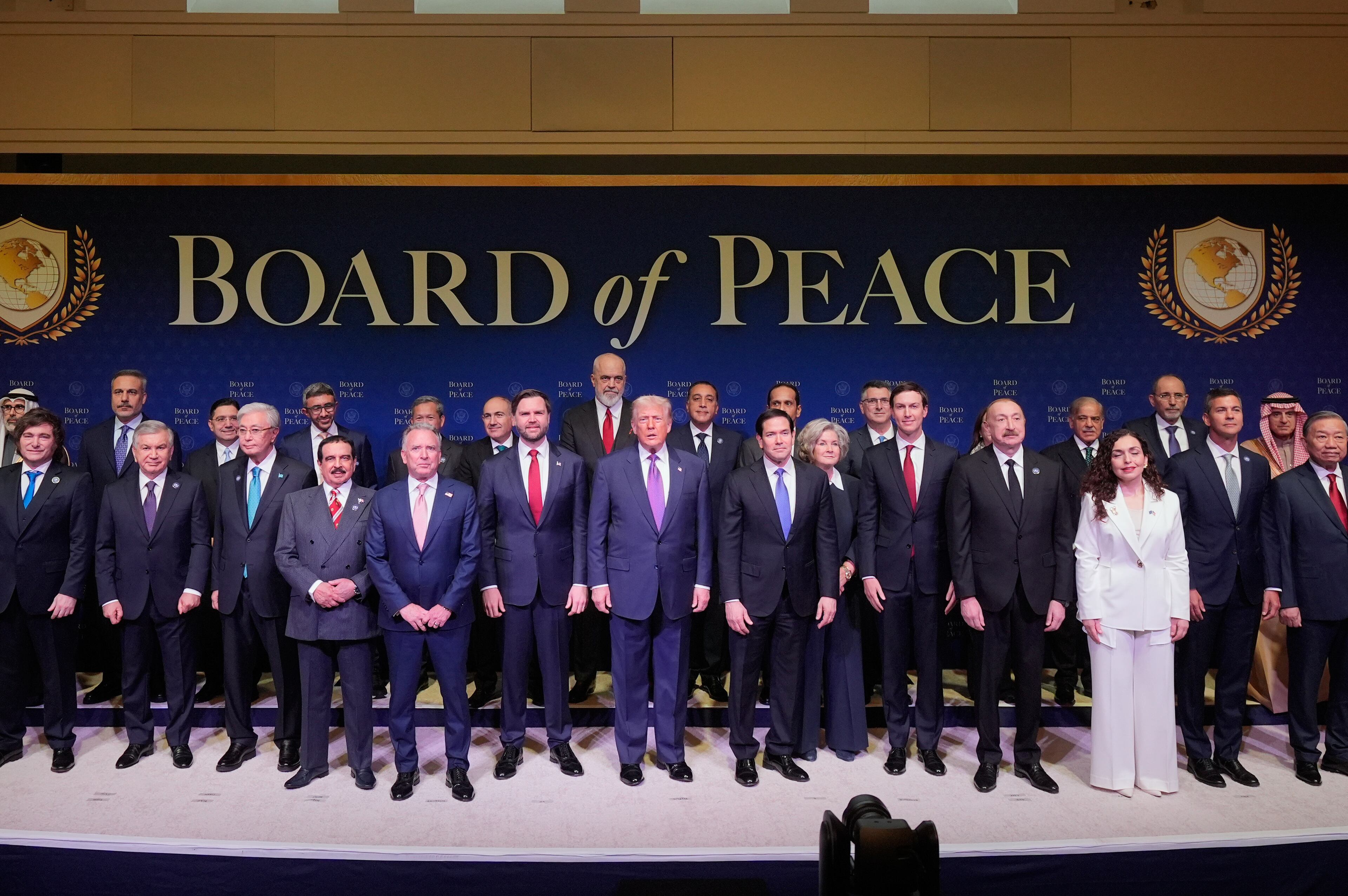Jekyll Island tees up ‘long overdue’ golf course overhaul

JEKYLL ISLAND – By the standards of this seaside retreat’s original golf course, a track carved from the flat spots among the dunes and marshes with sand-topped greens, today’s Jekyll Island Golf Club is pristine.
That first course opened in 1898, though, and the wealthy industrialists who built it weren’t discerning golfers. Today’s expectations are different, and even those not named Rockefeller and Vanderbilt view Jekyll’s 63-hole complex that’s grown out of that original layout as in need of improvement.
A $20 million renovation meant to restore Jekyll as a golf destination begins this week. The multi-phase project includes reducing the number of holes from 63 to 54 and resurrecting a historic layout designed by legendary golf course architect Walter Travis. Improvements to turf, irrigation and drainage systems across the property will address inconsistent course conditions.
“It’s long overdue,” said Jekyll resident and golfing regular Jim Reed, who first played the club in 1990. “We never thought the courses needed to be country club quality. But they should be well-maintained, good public courses.”
The state of Georgia bought the barrier island out of bankruptcy after World War II and turned it into a state park to be preserved by law for the enjoyment of “people of average income.” Beyond its unspoiled natural areas, golf has been a central draw for Jekyll for generations.
The improvement plan’s initial phase involves closing the 18-hole Pine Lakes course to install new turf and irrigation systems. When the layout reopens in the fall, the focus turns to the redesign and overhaul of the Great Dunes and Oleander courses. Great Dunes’ nine holes is what remains of Travis’ 1910 links course design, once renowned for its sand dune-framed fairways and small, undulating greens.
Consultants worked with The Walter J. Travis Society to identify the original routing and design features of the course and will reconfigure Great Dunes and part of the neighboring Oleander course into an 18-hole layout. What remains of Oleander will be closed, with most of the reclaimed land converted into a wildlife corridor.

The improvement plan calls for a lengthy pause following the Great Dunes reopening to evaluate options for Jekyll’s third golf course, Indian Mounds. Options range from keeping the layout intact with upgraded maintenance systems to overhauling it to create a par-3 course and other recreational facilities.
“Historically, Jekyll was famous for its golf,” said Mark Williams, executive director of the Jekyll Island Authority (JIA), the state agency that operates the golf club and other island recreation amenities. “It’s time we invested in it again.”
Golf in decline
Jekyll enjoyed a long golf heyday, starting soon after the state expanded the club by adding a second 18 holes to the Great Dunes course in 1961. By the time Reed discovered Jekyll golf three decades later, the 63-hole complex was seeing more than 140,000 rounds played per year, fueled by steady business from conferences at the nearby convention center and a widely known reputation around the state and beyond for quality, affordable golf — and lots of it.
Yet a dip in convention business and inconsistent course conditions due in part to outdated maintenance systems gradually transformed the Jekyll Island Golf Club from one of Georgia’s busiest golfing destinations to one of the state’s lowest performing. Play bottomed out in 2017 and 2018 at about 40,000 rounds across Jekyll’s four courses, and while traffic has rebounded to 60,000 rounds annually since the COVID-19 closure ended in 2020, the club continues to struggle.
Consider that according to a survey by The Golf Channel, the typical 18-hole public course sees 30,000 rounds played each year. By that measure, Jekyll’s layouts see about 17,000 rounds each on average.

The soon-to-start overhaul has the potential to resurrect Jekyll’s golf fortunes, said Williams and other proponents. A nearly $300 million island-wide redevelopment initiative is nearing its conclusion and has increased visitation to more than 3 million visitors a year. The revitalization featured the construction of a popular convention center and several new hotels, bringing the room inventory to nearly 1,600 keys.
Taking a “quality over quantity” approach to the golf club revamp is meant to convince convention planners to schedule golf outings on Jekyll instead of at nearby St. Simons Island courses and to once again attract golf vacations, particularly in the months outside the summer beach season.
“Golf is a priority as a recreation activity with conventioneers and hoteliers,” Williams said. “The quality will be as good as anything in the Golden Isles, and our pricing will be more affordable.”
Regular Jekyll golfers such as Reed worry about those greens fees. Jekyll golf is currently a bargain, with rates ranging from $25 to $75 a round. Memberships are even a better deal: Individuals get access to unlimited play for $215 a month, and a family pass is $300.

Those prices will increase following the improvements, Williams said, although the exact rates are to be determined. Jekyll’s current peak rate is $69 per round, $43 below the market average. The cost of playing golf elsewhere has benefited Jekyll by attracting players from other clubs in recent years, Reed said, but that trend could be at an end.
“The handwriting is on the wall that the prices are going to go up,” Reed said. “But they’re making money on the golf course this year for the first time in a while, so we’re hoping they keep that in mind.”



